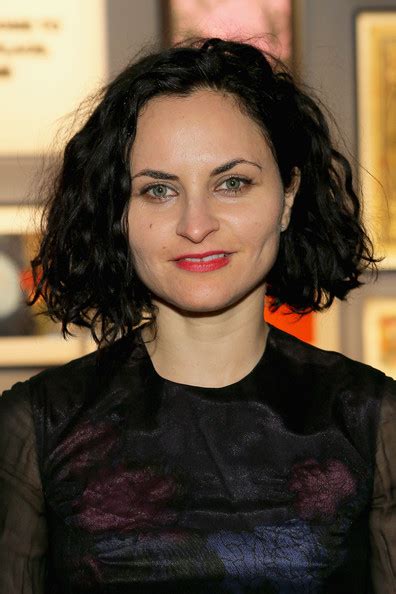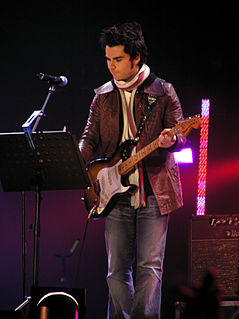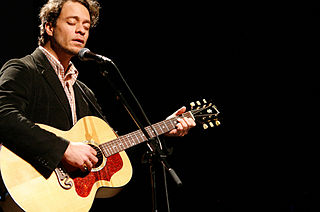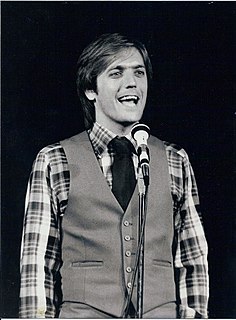A Quote by Jenny Lewis
In the past, like for the last Rilo Kiley record, 'Under the Blacklight,' I wore exclusively hot pants because the themes in that record were the underbelly of Los Angeles.
Related Quotes
The first record was basically a quick, fast record. The second record, we were going for more of a poppier sound - like a heavy pop sound. For 'Rocket to Russia,' we'd sort of reached our pinnacle. We'd gotten really good at what we were doing, so that's like my favorite record - that's a really good record. It's just great from beginning to end.
If you're a novelist, you have sort of themes that run throughout novels. You start a novel and you finish a novel. With record-making in the singer-songwriter world or whatever it is that I do, it's a little different because there is no specific arc that is necessarily, like it's not a concept record.
When it all started, record companies - and there were many of them, and this was a good thing - were run by people who loved records, people like Ahmet Ertegun, who ran Atlantic Records, who were record collectors. They got in it because they loved music... Now, record companies are run by lawyers and accountants.
I didn't worry about my career ending, but there were days where I felt pretty beat up by it all and just pretty tired, because they didn't make it easy for me. And coming right off the last lawsuit, it was the last thing I wanted to get involved in. When it was over, we didn't really celebrate, we were just exhausted. I lost all interest in the record business and never wanted to do anything except hand in a record again.



































